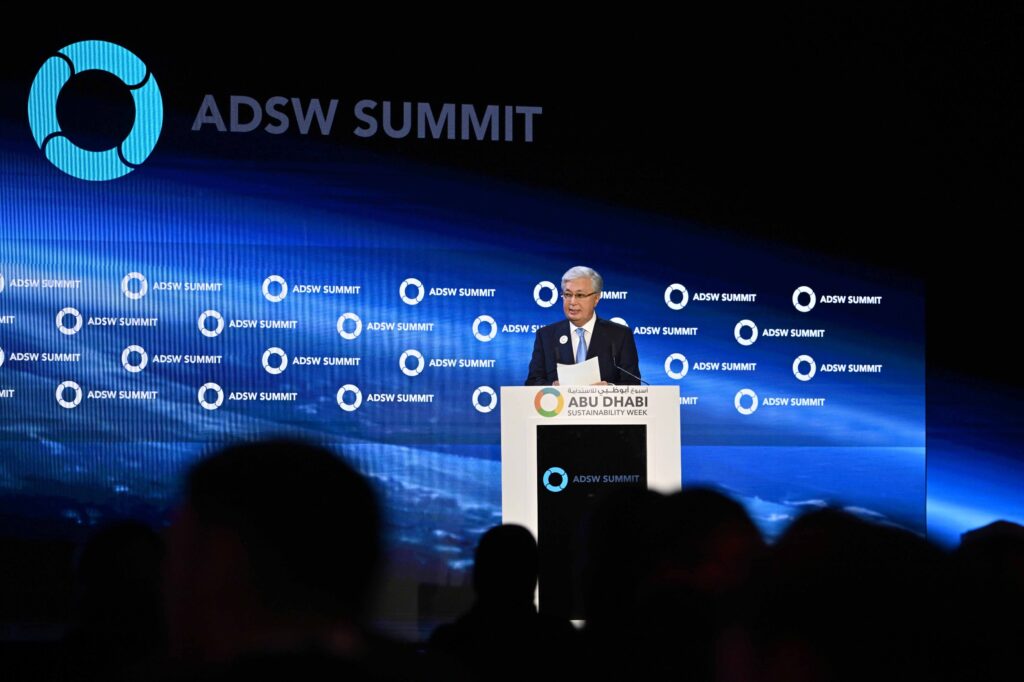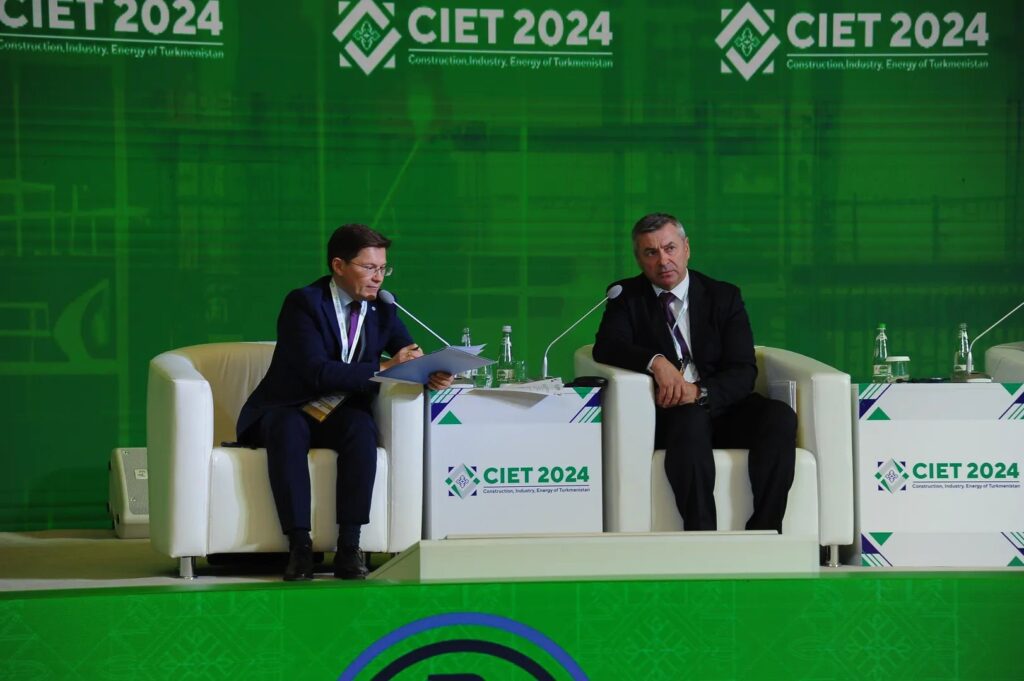Kazakh President Proposes Solutions to Climate Threats at Abu Dhabi Summit
Kazakh President Kassym-Jomart Tokayev participated in the Abu Dhabi Sustainability Week summit, where global leaders and experts convened to address pressing challenges in sustainable development. In his address, Tokayev highlighted the urgent threats posed by climate change, desertification, biodiversity loss, and food insecurity - issues exacerbated by geopolitical tensions and disruptions to global supply chains. Kazakhstan’s Strategy for Sustainability Tokayev presented Kazakhstan’s roadmap for tackling these challenges, focusing on digitalization, major infrastructure projects, and nuclear energy. Noting that global energy systems account for 75% of greenhouse gas emissions, he underscored Kazakhstan’s commitment to green energy development. The country is collaborating with international partners, including Masdar, Total, and Eni, to implement projects to generate 43 GW of renewable energy. Additionally, Tokayev highlighted the strategic importance of constructing Kazakhstan’s first nuclear power plant, an initiative supported through a national referendum. Regional Connectivity and Transport Infrastructure Addressing the role of transportation in sustainable development, Tokayev emphasized Kazakhstan’s position as a key transit hub in Eurasia. He called for further development of the Trans-Caspian International Transport Corridor to enhance regional connectivity and strengthen global supply chains. Sustainable transport infrastructure, he argued, is essential for driving economic growth across the region. Climate and Food Security in Central Asia Tokayev devoted significant attention to the challenges facing Central Asia, particularly the impact of global warming on ecosystems and agriculture. He proposed the introduction of water-saving technologies, the modernization of irrigation systems, and the application of artificial intelligence to better manage water resources. On food security, Tokayev outlined Kazakhstan’s plan to advance sustainable agricultural practices and technologies, aiming to mitigate climate risks while ensuring reliable food supplies. A Global Paradigm Shift Tokayev called on the international community to adopt a new development paradigm based on green finance, the transfer of climate-friendly technologies, and the integration of artificial intelligence with environmental priorities. He emphasized that aligning these strategies could significantly boost global GDP by 2030 while addressing environmental challenges. Summit Collaboration and Hope for the Future The Kazakh President concluded his speech by expressing optimism that the summit could serve as a turning point in harmonizing global priorities for sustainable development. The event featured participation from other prominent leaders, including Uzbek President Shavkat Mirziyoyev, Rwandan President Paul Kagame, Finnish Prime Minister Petteri Orpo, Malaysian Prime Minister Anwar Ibrahim, and President of the International Union for Conservation of Nature Razan Al Mubarak. Together, the dignitaries reinforced the need for global cooperation in confronting environmental and economic challenges.




